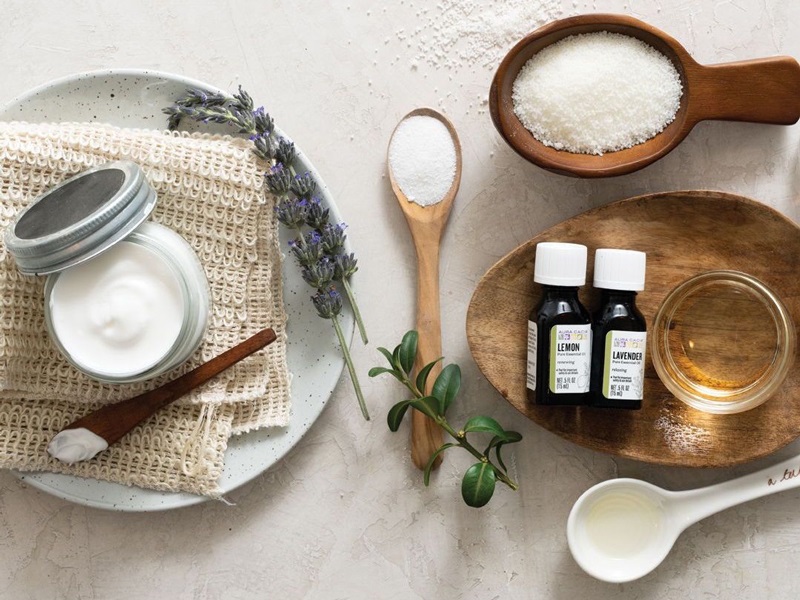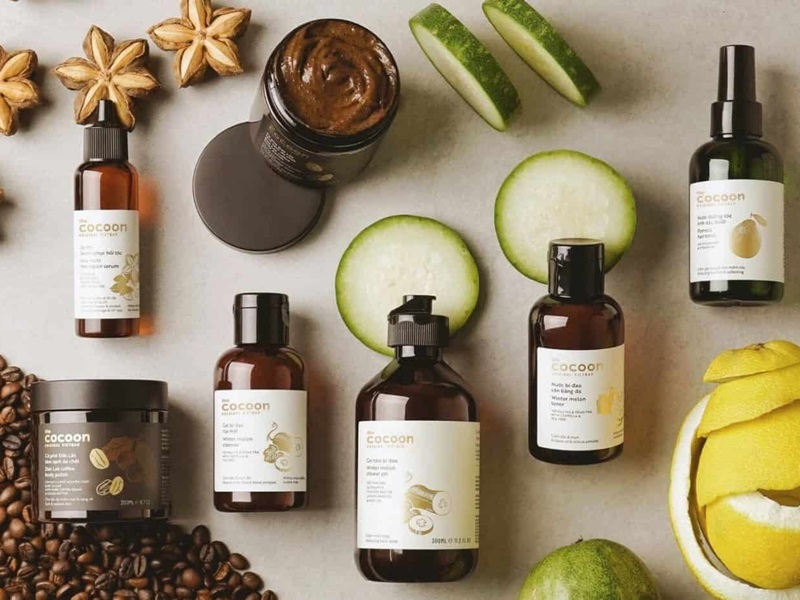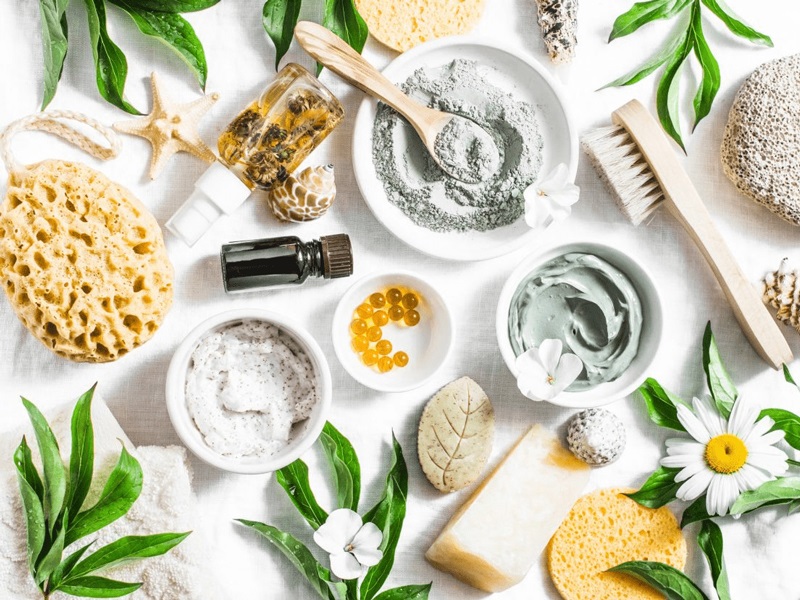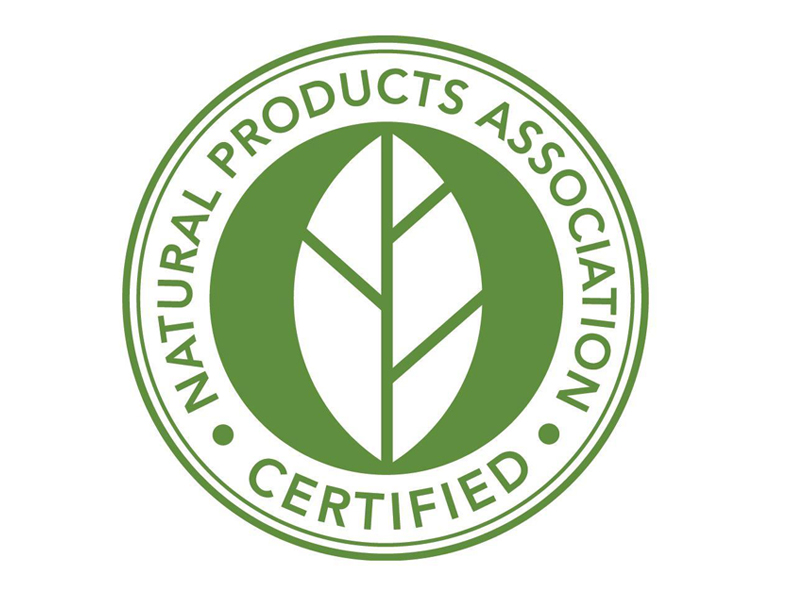Are natural cosmetics and organic cosmetics the same thing?
Thanks to their high safety, natural cosmetics and organic cosmetics have become “hot” products in recent years. Different names, are they the same? In the case of 2 separate product lines, what are the similarities and differences? Don’t miss this article if you want to know more details about these unique cosmetic lines!
I. Are natural cosmetics and organic cosmetics the same?
Are these two cosmetic lines the same? Let's find out more about their specific ingredients and characteristics!
→ Natural cosmetics are products that contain ingredients of natural origin, not artificial ones. Although the ingredients are of natural origin, they are produced in a laboratory.
→ Organic cosmetics: Products with organic ingredients from nature (although not as much as natural cosmetics). Organic cosmetics often have certifications such as USDA Organic, ECOCERT, California Organic, ICEA…
It can be said that: Organic cosmetics will CERTAINLY be natural cosmetics. But natural cosmetics will NOT CERTAINLY be organic cosmetics. One thing these two product lines have in common: They do not contain ingredients such as Petrochemicals (petroleum chemicals), Parabens, Sodium Lauryl and Laureth Sulfates… (synthetic dyes and bleaches).

In short: Natural cosmetics and organic cosmetics are not the same. But basically, they are all product lines with natural ingredients, safe to use.
II. Advantages and disadvantages of these two safe cosmetic lines?
Basically, these two safe cosmetic lines have the following advantages and disadvantages:
Advantages of natural and organic cosmetics
SAFETY – The first advantage of this product line. With natural ingredients, it will help users avoid negative effects from chemicals that are currently widely used in cosmetic lines.
Advantage 2: Helps beautify from deep within the cells. We will see this advantage more clearly in organic cosmetic lines. This cosmetic line has very small essence extracts, smaller than cell size → They can penetrate deep into each cell, helping to prevent and eliminate common skin damage and diseases, helping to beautify the skin from deep within.

What are the disadvantages of these two cosmetic lines?
According to many experts, these product lines have the following limitations:
- Easily damaged, difficult to preserve because it does NOT contain chemicals in its ingredients.
- Short shelf life, should be used immediately after production
- Has slower effect than conventional cosmetics
- Creates a slightly uncomfortable feeling for new users
- Some product lines have oil separation phenomenon, users need to mix well before use.
In addition, both of these product lines do not have the same scent as industrially produced cosmetics (some products even have a characteristic scent).

III. What principles must be followed in the production of natural and organic cosmetics?
Did you know that in order to be distributed to the market, natural and organic cosmetics need to achieve many types of certificates? If you are interested or planning to do business with these product lines, do not ignore the information below:
1. What certifications do natural cosmetics need to achieve?
NPA (Natural Products Association)
With natural cosmetics, it is necessary to achieve NPA (Natural Products Association) certification. GMP standards represent industry best practices and are the basis of the NPA GMP certification process, as well as establishing a higher level of control than required by the FDA.
To receive this certification, a product must contain at least 95% natural ingredients (excluding water). Ingredients must NOT be petroleum-based, and must come from renewable plant, animal, and mineral sources.

Ecocert for natural cosmetic label
The product's ingredients must be at least 50% of plant origin and at least 5% of the ingredients by weight must be from organic farming.

2. What types of certificates are required to produce organic cosmetics?
Organic cosmetics require more types of certification. Some of the most popular international Organic certifications today include:
→ Certification from the US: USDA Organic (product contains at least 95% organic ingredients), OASIS (contains at least 85% organic ingredients).
→ Organic certification from Australia: ACO (at least 95% organic ingredients and the remaining 5% limited to natural ingredients), OFC, BDRI (95% organic, the rest must be from clean biological agriculture).
→ EU certifications: Nature (at least 95% organic ingredients), Cosmos, BDHI, UK Soil Association Certification…
From a consumer's perspective, you can completely rely on the above certifications to know which cosmetics are organic.
Hopefully with the above information, you have a clearer view of natural cosmetics and organic cosmetics. If you are looking for a unique and popular cosmetic line in the near future, do not miss these two product lines!
Remember to regularly follow NanoFrance's Website for more interesting updates!









